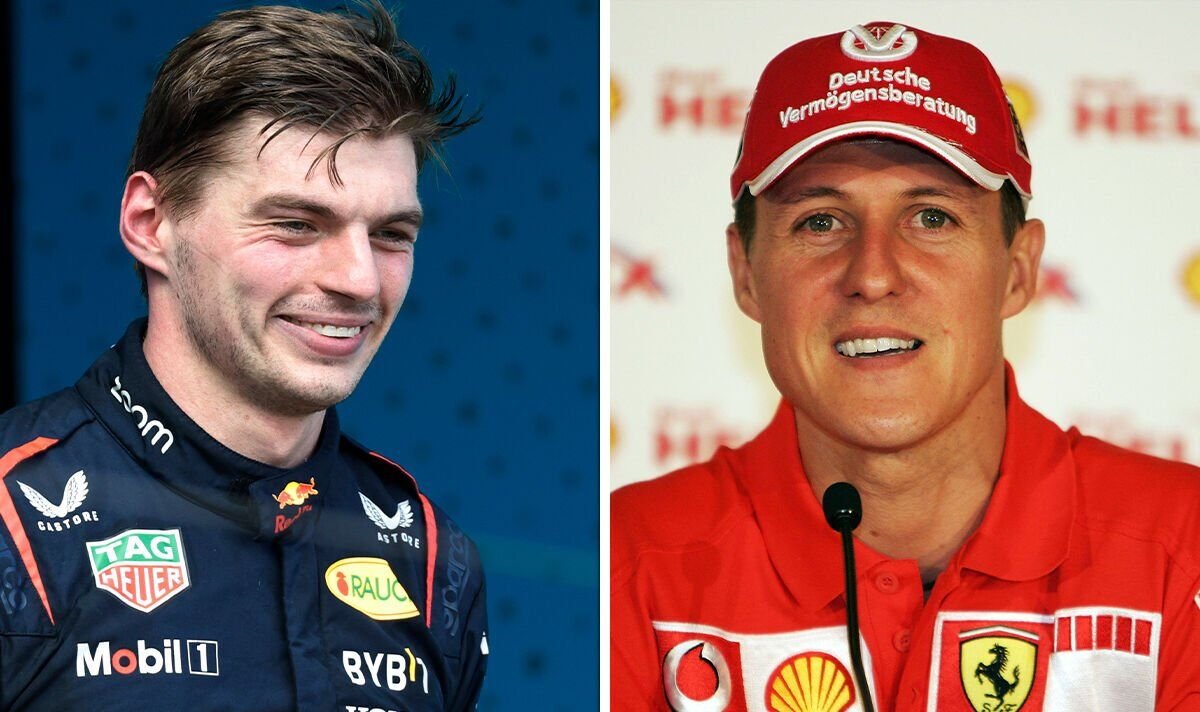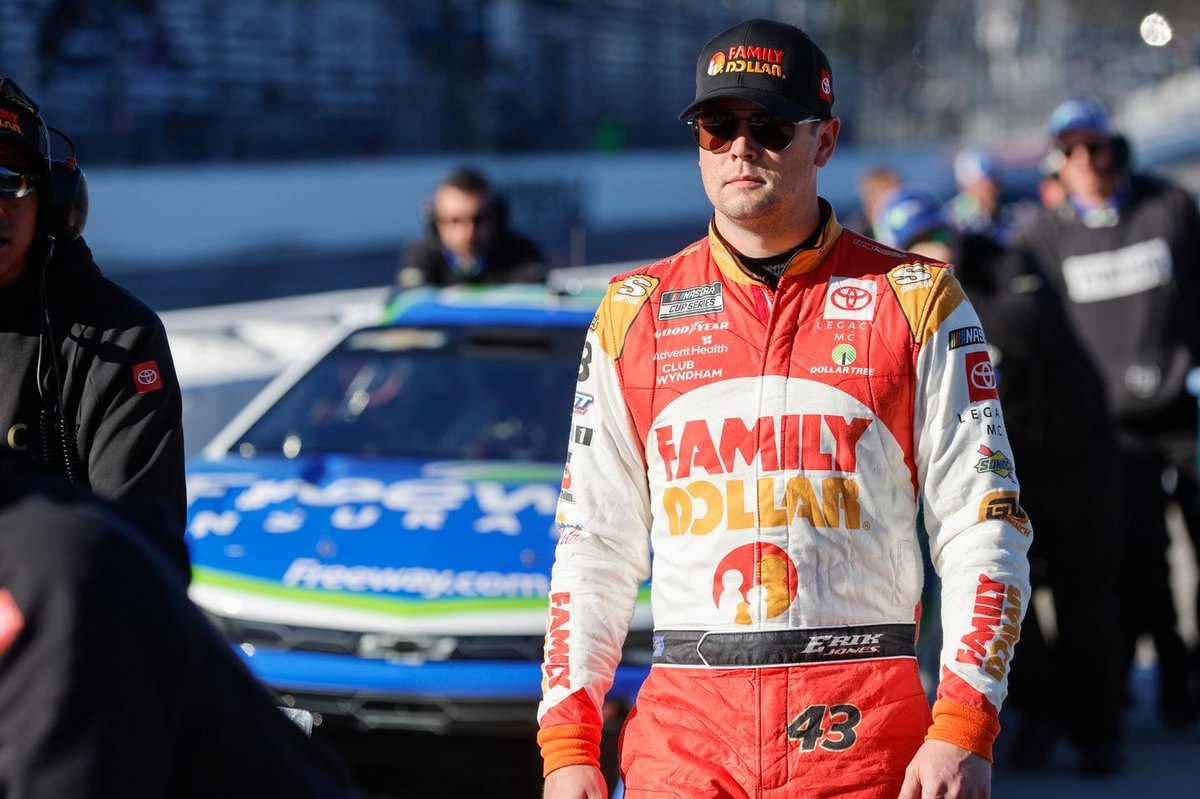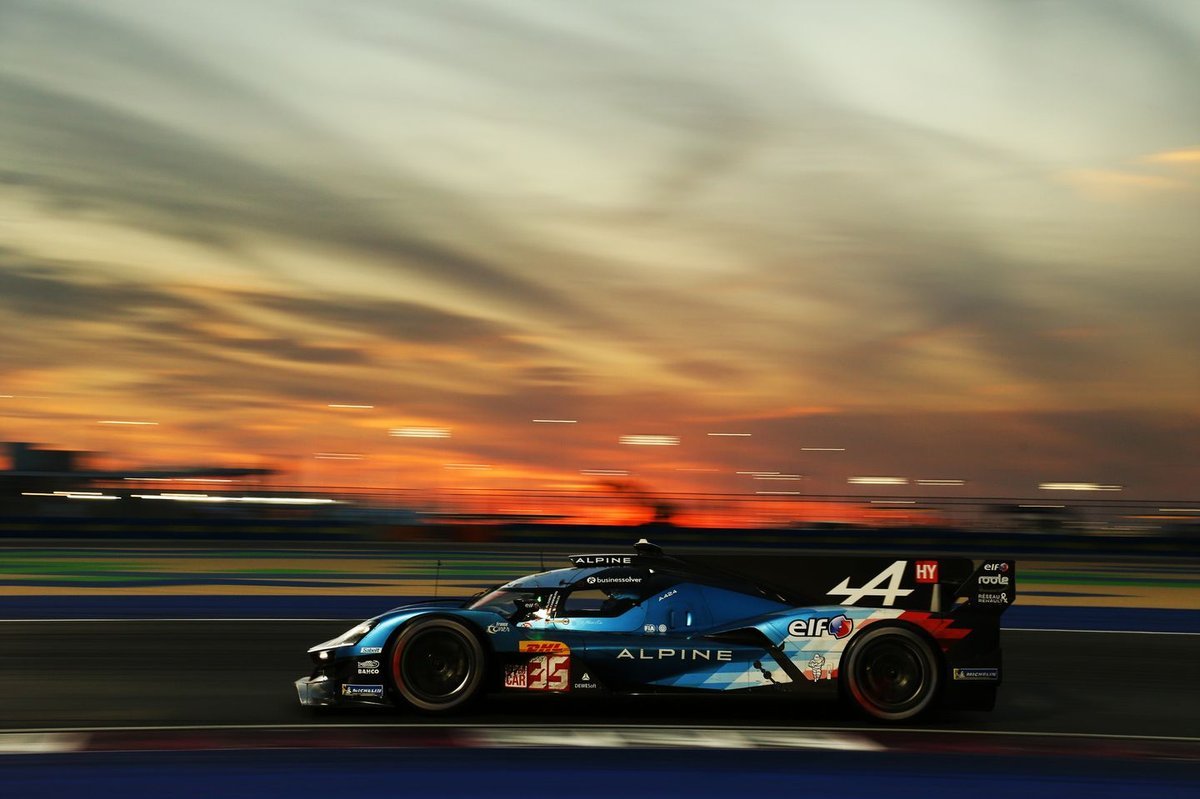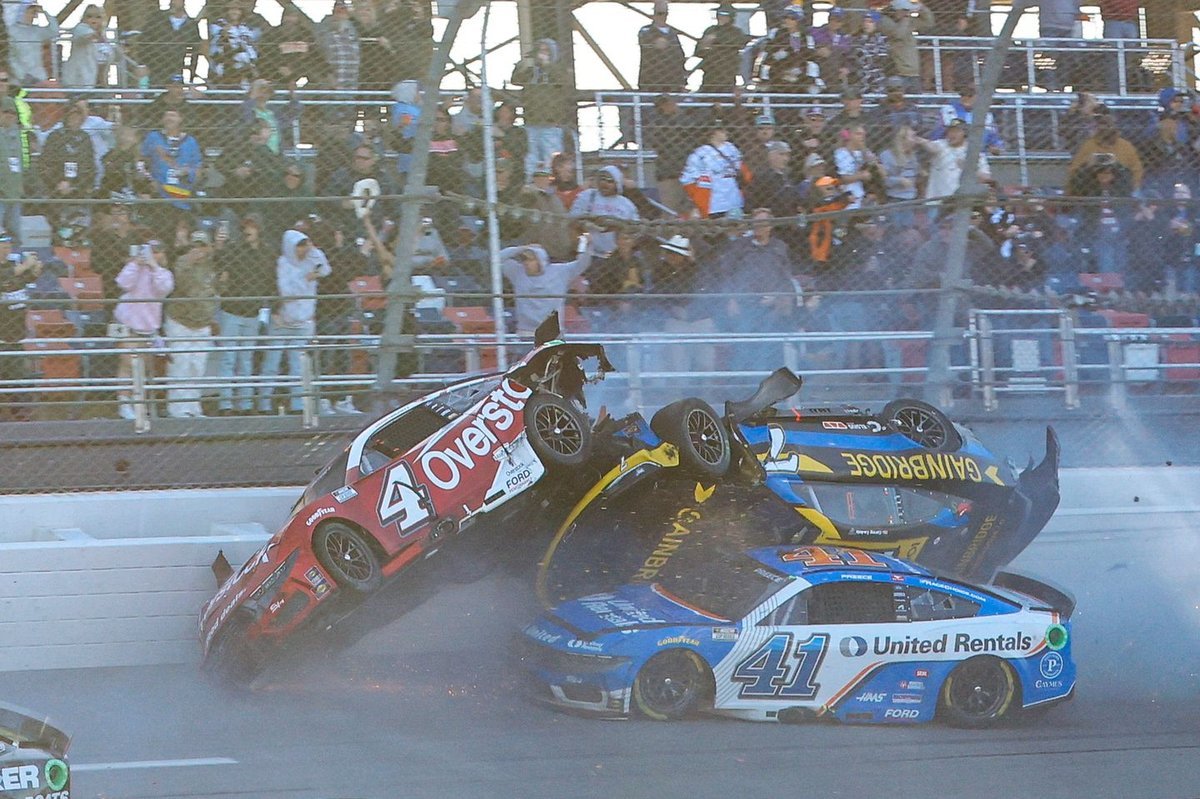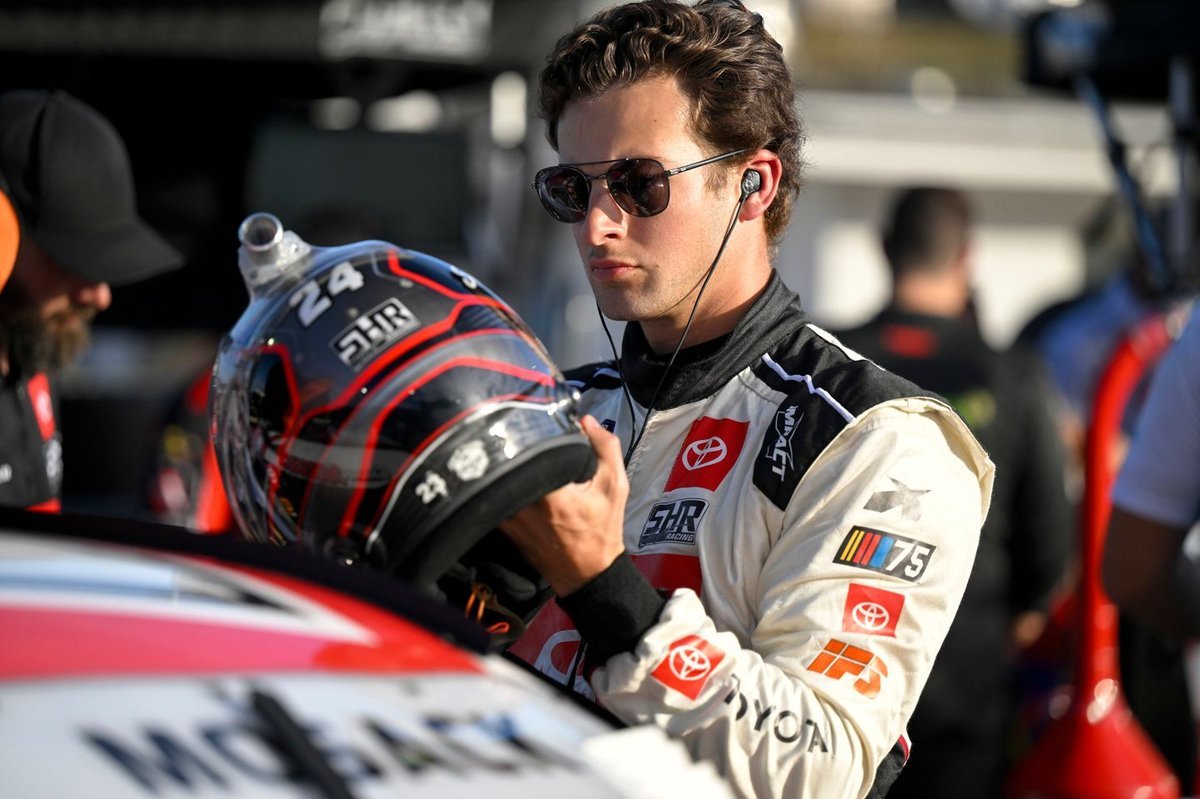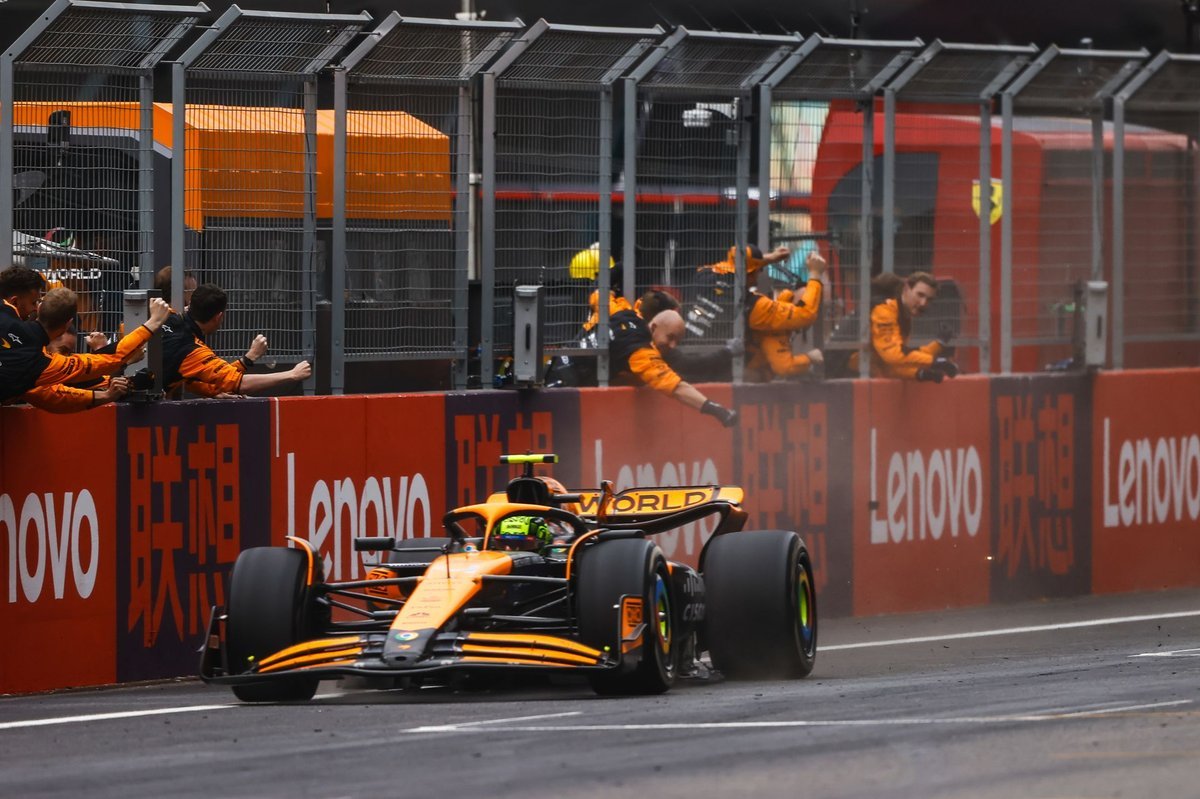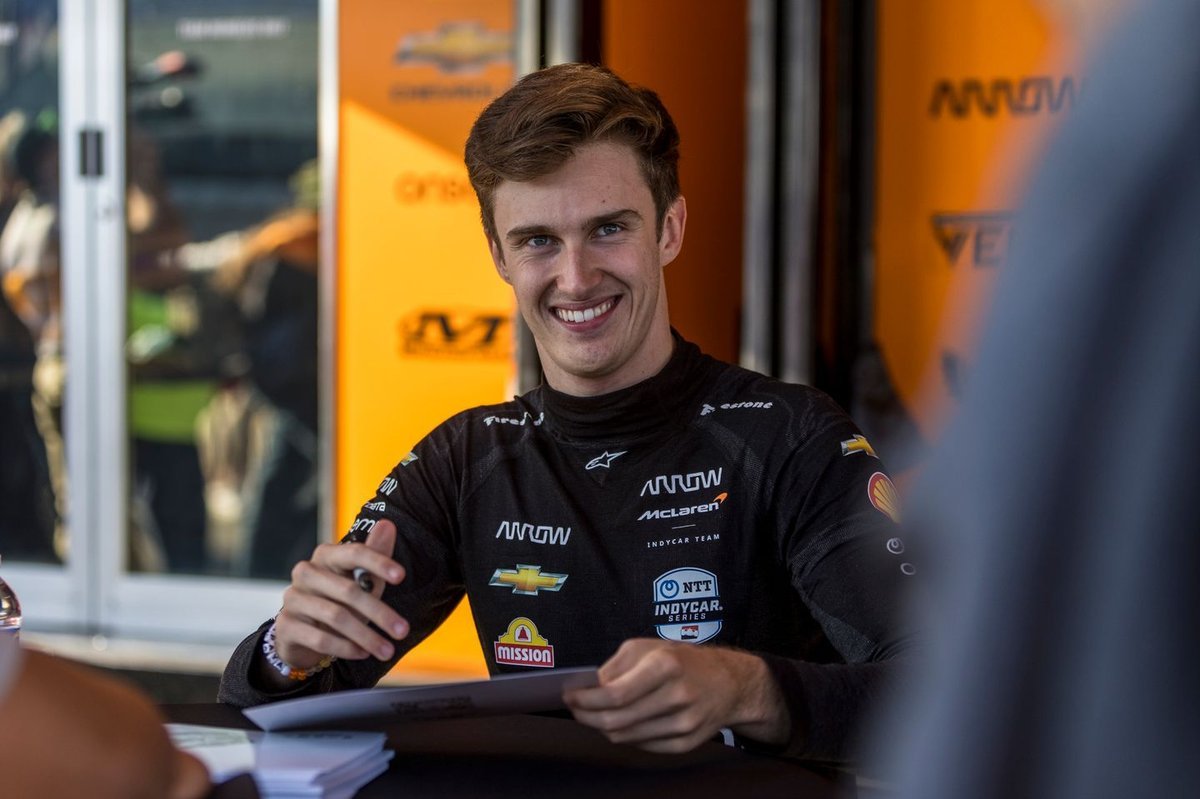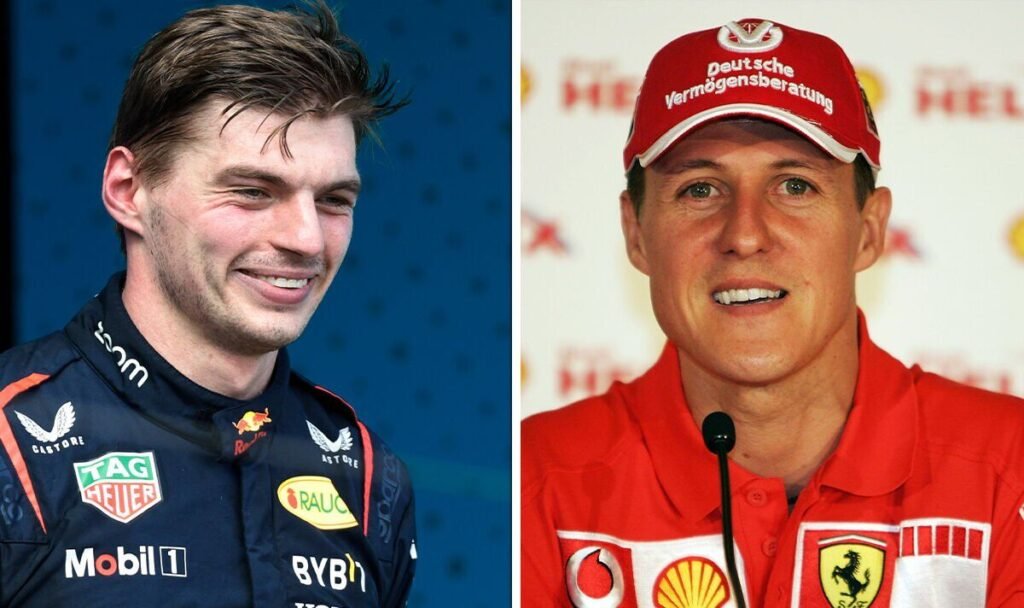
Max Verstappen equals Michael Schumacher’s Ferrari podium record — a moment that echoes through F1 history. Legends align in this incredible feat.
In the ever-thrilling world of Formula 1, there are moments that leave fans speechless, hearts racing, and histories rewritten. One such moment arrived when Max Verstappen, the Red Bull phenomenon, clinched his 116th podium with the team — equalling the number of podium finishes Michael Schumacher secured with Ferrari. Let that sink in for a second.
We’re talking about a driver who dominated the early 2000s and another who is setting new standards in the 2020s. This isn’t just a stat — it’s a symbolic handshake across generations. A passing of the torch, if you will.
So, what does this moment really mean for Formula 1, for fans, and for the legacies of these two legends? Let’s buckle up and take a ride through history, comparison, and admiration.
📚 Table of Contents
| Sr# | Headings |
|---|---|
| 1 | Michael Schumacher: The Ferrari Era Icon |
| 2 | Max Verstappen: Red Bull’s Modern-Day Marvel |
| 3 | The Significance of 116 Podiums |
| 4 | Different Eras, Same Greatness |
| 5 | Driving Styles: Smooth vs. Aggressive |
| 6 | Schumacher’s Ferrari: Built to Win |
| 7 | Red Bull’s Rise with Verstappen |
| 8 | The Mentors Behind the Machines |
| 9 | Records Are Meant to Be Matched… or Broken |
| 10 | Public Perception: Hero vs. Prodigy |
| 11 | Mentality & Work Ethic |
| 12 | Team Loyalty: A Common Thread |
| 13 | Podium Quality, Not Just Quantity |
| 14 | Legacy Talks: What Comes Next? |
| 15 | Conclusion: Why This Moment Matters |
1. Michael Schumacher: The Ferrari Era Icon
Michael Schumacher’s run with Ferrari wasn’t just dominant — it was transformative. Between 1996 and 2006, he redefined what it meant to be an F1 legend. With 91 wins and 68 poles, Schumacher helped Ferrari claim five consecutive world titles from 2000 to 2004.
His 116 podiums for Ferrari weren’t just about consistency. They represented years of sweat, strategic mastery, and pure racing brilliance. He became the face of a Ferrari renaissance — much like an artist leaving his signature on every canvas.
2. Max Verstappen: Red Bull’s Modern-Day Marvel
If Schumacher was a storm that revolutionized Ferrari, Max Verstappen is the lightning bolt electrifying Red Bull. Debuting in 2015 and joining Red Bull Racing in 2016, Max has quickly climbed into the record books.
His 116 podiums came at lightning speed — within just eight seasons with Red Bull. Unlike Schumacher, who had to build his way up with Ferrari, Verstappen inherited a car in development but turned it into a championship juggernaut, bagging multiple titles in record-breaking fashion.
3. The Significance of 116 Podiums
You might wonder — what’s so special about 116 podiums? On paper, it’s just a number. But in motorsport, it’s an emotional milestone. It’s the bridge that connects two towering dynasties: Schumacher’s Ferrari and Verstappen’s Red Bull.
It’s like seeing two climbers reach the same point on Everest — from different routes, in different weather, but with the same breathtaking view.
4. Different Eras, Same Greatness
Formula 1 today looks drastically different from the early 2000s. Schumacher’s era had refueling, less reliable machinery, and raw mechanical challenges. Verstappen’s generation is filled with aero complexity, hybrid engines, and sprint races.
Yet both dominated their respective fields. That’s a testament to adaptability, skill, and relentless hunger for excellence.
5. Driving Styles: Smooth vs. Aggressive
Schumacher was known for his precision and calculation. He could be clinical — almost robotic — but never boring. He danced with the car like a surgeon with a scalpel.
Verstappen, on the other hand, is explosive, instinctive, and aggressive. He takes risks, pushes limits, and squeezes out results from seemingly impossible situations. Think of it as a chess grandmaster versus a daredevil acrobat — both spectacular in their own right.
6. Schumacher’s Ferrari: Built to Win
Ferrari built their team around Schumacher. The strategy, the mechanics, the engineers — everyone was hand-picked to complement his genius. With the likes of Ross Brawn and Jean Todt, it became a well-oiled machine.
Their success was methodical and disciplined, and Schumacher often helped in car development — which, in turn, helped the team leap forward year after year.
7. Red Bull’s Rise with Verstappen
Red Bull was already successful with Sebastian Vettel, but Verstappen took them to another level. With Christian Horner and technical wizard Adrian Newey, Red Bull tailored their car around Max’s aggressive style.
Especially in the ground-effect era, Max found a new gear — turning Red Bull’s RB series into a benchmark for dominance, much like Schumacher’s F2002 and F2004 once were.
8. The Mentors Behind the Machines
Every great driver has a team of mentors. Schumacher had Todt, Brawn, and Rory Byrne. Verstappen has Horner, Helmut Marko, and Newey.
Behind every victory is a garage of sleepless nights and relentless planning. It’s no accident that both Schumacher and Verstappen have built long-term relationships with top-tier minds in motorsport.
9. Records Are Meant to Be Matched… or Broken
Verstappen matching Schumacher’s podium tally at one team is significant — but don’t be surprised if he breaks that record soon. He’s still only in his 20s and showing no signs of slowing down.
This isn’t the end of a journey. It’s the beginning of another legacy chapter being written.
10. Public Perception: Hero vs. Prodigy
Schumacher had to overcome criticism — from aggressive tactics to allegations of unsportsmanlike behavior. But over time, he became beloved for his passion and commitment.
Verstappen also has his critics, especially early in his career. But with maturity and titles under his belt, he’s evolving into a fan-favorite who blends aggression with racecraft.
11. Mentality & Work Ethic
If there’s one trait that binds Schumacher and Verstappen, it’s uncompromising focus. They don’t settle. Every race is war, every lap is a statement.
Their hunger for victory goes beyond the paycheck or trophies. It’s about legacy, pride, and pushing personal limits.
12. Team Loyalty: A Common Thread
In a world where drivers often jump ship, both Schumacher and Verstappen stayed loyal to the teams that believed in them.
Schumacher stuck with Ferrari through rough early years. Verstappen re-signed with Red Bull through 2028, showing similar trust in long-term goals.
13. Podium Quality, Not Just Quantity
Beyond the number 116, it’s also about what those podiums meant. Many were hard-fought, rain-soaked, or comeback drives. Others were dominant victories from pole.
Whether it was Schumacher’s win at Suzuka or Verstappen’s masterclass in Spa — these weren’t just podiums. They were performances to remember.
14. Legacy Talks: What Comes Next?
Schumacher is already a legend. Verstappen is well on his way. The question is — can Verstappen surpass even the most untouchable records in F1?
He’s already on course to match more milestones — pole positions, wins, even championships. If Red Bull stays competitive, we might witness history being redefined in real time.
15. Conclusion: Why This Moment Matters
Max Verstappen matching Michael Schumacher’s podium tally with Ferrari is more than a headline — it’s a symbol of enduring excellence. It shows that greatness transcends generations, and that legends, whether from the past or present, always find a way to connect.
This isn’t just a statistic. It’s a moment to celebrate, to reflect, and to look ahead. Because if there’s anything F1 teaches us, it’s that the race never truly ends — it only evolves.
Frequently Asked Questions (FAQs)
1. Why is Max Verstappen’s 116th podium such a big deal?
Because it matches Michael Schumacher’s iconic tally with Ferrari — showing Verstappen is now on par with one of the sport’s greatest legends in terms of consistent excellence.
2. How long did it take Verstappen to reach 116 podiums compared to Schumacher?
Verstappen achieved it in fewer seasons, showcasing the dominance of his recent years with Red Bull and a faster rise to the top.
3. Are Schumacher and Verstappen considered the greatest drivers in F1 history?
Both are undoubtedly among the greatest. While Schumacher reigned in the 2000s, Verstappen is carving out a similarly dominant path in the 2020s.
4. Will Verstappen eventually surpass Schumacher’s records?
It’s very likely. With more years ahead and Red Bull’s current strength, Verstappen could surpass several Schumacher records, including podiums, wins, and maybe titles.
5. What makes both drivers so special in F1?
Their unmatched focus, aggressive-yet-smart racecraft, and team leadership set them apart. They define what it means to build and lead an era in F1.

